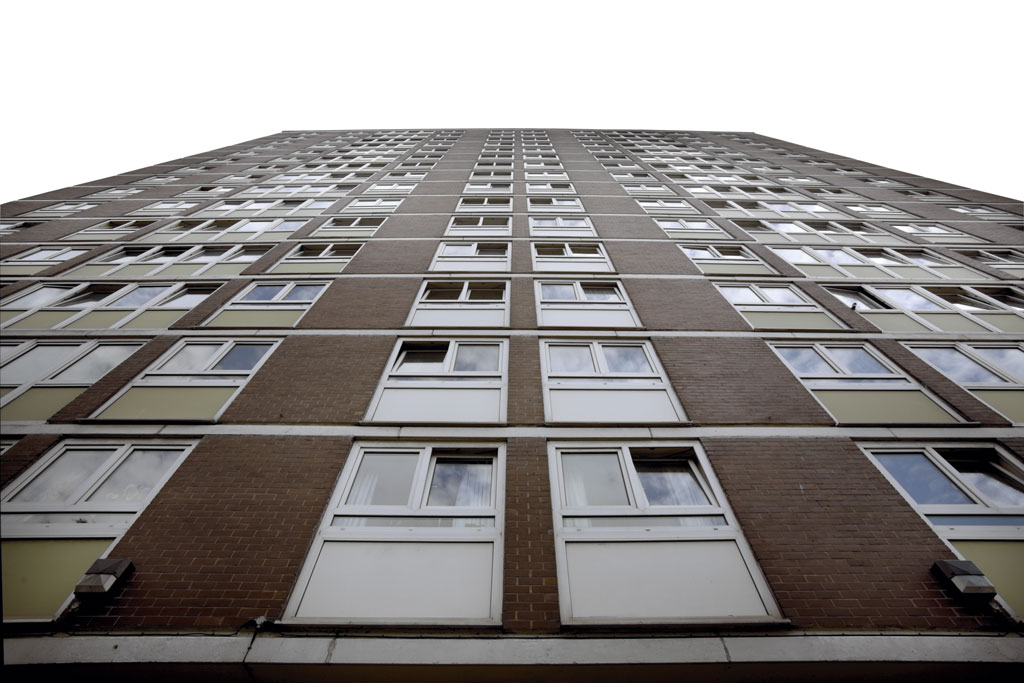
Evicting anti-social tenants: hope in Dante’s inferno? Nicholas Dobson
- The general application of public law principles to decisions of a local authority landlord must not be allowed to undermine the legislative scheme of this mandatory ground for possession.
When I was struggling with algebra in my early days at ‘Big School’ I remember buying Teach Yourself Algebra to help get to grips with the subject (and to keep sadistic schoolmasters at bay).
But I doubt whether any social housing tenant needs a Teach Yourself book to recognise anti-social behaviour (ASB) in neighbours. For this will be all too painfully apparent. As the Housing Ombudsman Service points out, ASB includes a wide range of bad behaviour including: noise nuisance at high levels or at unreasonable hours, drug and alcohol-related nuisance, vandalism and graffiti and harassment (including verbal and physical abuse and threats). Certainly a new circle of Dante’s Inferno for those living with it.
To tackle this, the Government has introduced a new mandatory ground for possession, grafted into the Housing





.tmb-mov69x69.jpg?sfvrsn=961ae4db_1)
95ca96e3d47f4eff8d147c4f0df17c77.tmb-mov69x69.png?sfvrsn=3db5d86b_1)

